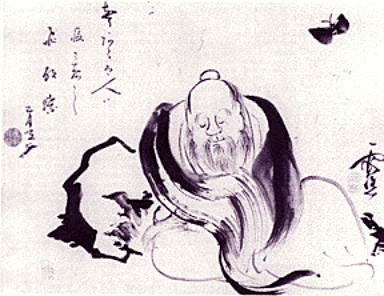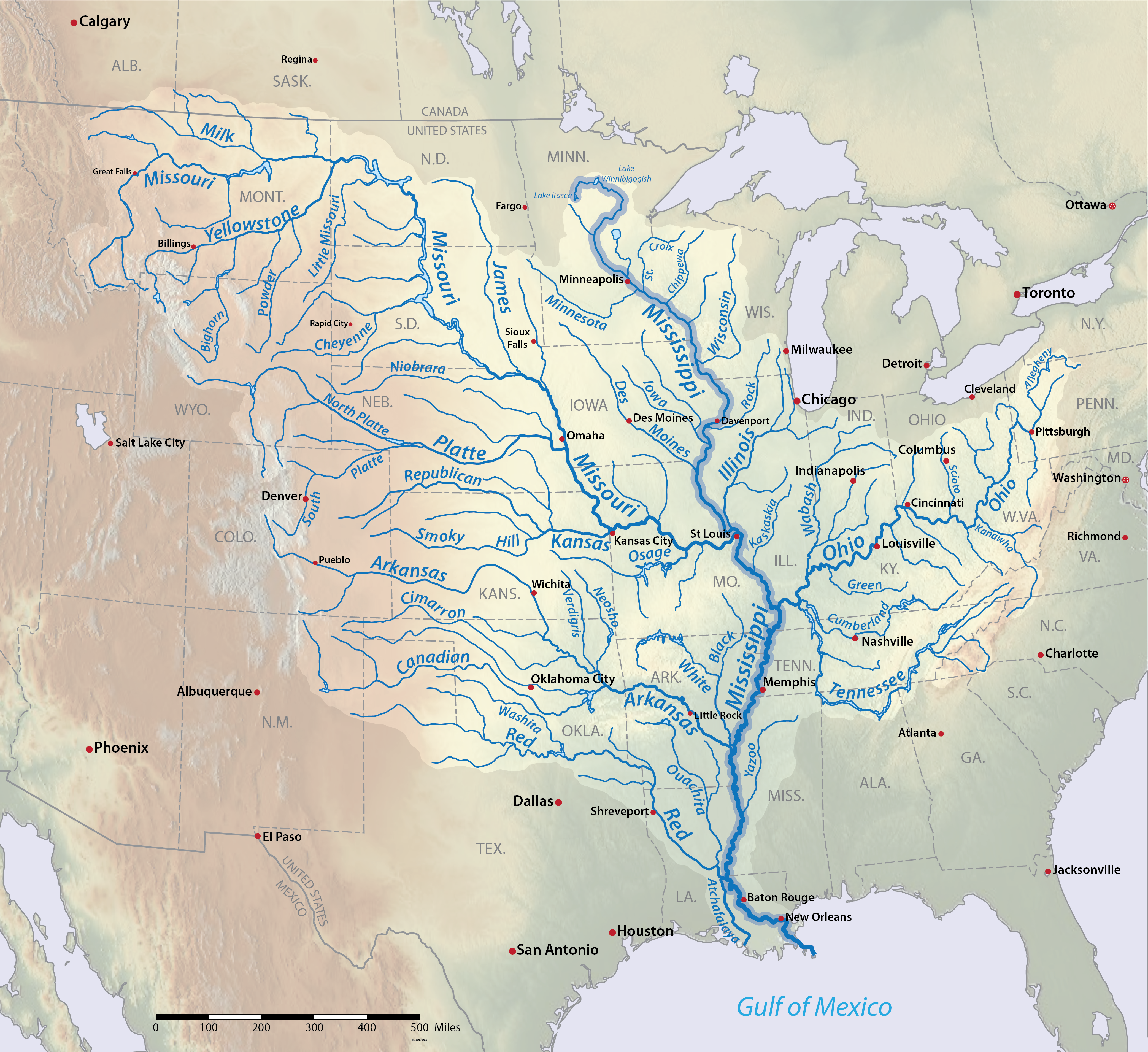|
Paul Tholey
Paul Tholey (14 March 1937 – 7 December 1998) was a German Gestalt psychologist, and a professor of psychology and sports science at the University of Frankfurt and the Technical University of Braunschweig. Tholey started the study of oneirology in an attempt to prove that dreams occur in color. Given the unreliability of dream memories and following the critical realism approach, he used lucid dreaming as an epistemological tool for investigating dreams, in a similar fashion to Stephen LaBerge. He devised the reflection technique for inducing lucid dreams, consisting in continuously suspecting waking life to be a dream, in the hope that such a habit would manifest itself during dreams. Tholey's research included the examination of the cognitive abilities of dreamers, as well as the cognitive abilities of dream figures. In the latter study, nine trained lucid dreamers were directed to set other dream figures arithmetic and verbal tasks during lucid dreaming (Cognitive abi ... [...More Info...] [...Related Items...] OR: [Wikipedia] [Google] [Baidu] |
Reflection Technique
Reflection or reflexion may refer to: Science and technology * Reflection (physics), a common wave phenomenon ** Specular reflection, reflection from a smooth surface *** Mirror image, a reflection in a mirror or in water ** Signal reflection, in signal transmission * Elastic scattering, a process in nuclear and particle physics * Reflection nebula, a nebula that is extended and has no boundaries * Reflection seismology or seismic reflection, a method of exploration geophysics Mathematics * Reflection principle, in set theory * Point reflection, a reflection across a point * Reflection (mathematics), a transformation of a space * Reflection formula, a relation in a function * Reflective subcategory, in category theory Computing * Reflection (computer graphics), simulation of reflective surfaces * Reflection (computer programming), a program that accesses or modifies its own code * Reflection, terminal emulation software by Attachmate Arts and entertainment Film and televisi ... [...More Info...] [...Related Items...] OR: [Wikipedia] [Google] [Baidu] |
1937 Births
Events January * January 1 – Anastasio Somoza García becomes President of Nicaragua. * January 5 – Water levels begin to rise in the Ohio River in the United States, leading to the Ohio River flood of 1937, which continues into February, leaving 1 million people homeless and 385 people dead. * January 15 – Spanish Civil War: Second Battle of the Corunna Road ends inconclusively. * January 20 – Second inauguration of Franklin D. Roosevelt: Franklin D. Roosevelt is sworn in for a second term as President of the United States. This is the first time that the United States presidential inauguration occurs on this date; the change is due to the ratification in 1933 of the Twentieth Amendment to the United States Constitution. * January 23 – Moscow Trials: Trial of the Anti-Soviet Trotskyist Center – In the Soviet Union 17 leading Communists go on trial, accused of participating in a plot led by Leon Trotsky to overthrow Joseph Stalin's regime, and assas ... [...More Info...] [...Related Items...] OR: [Wikipedia] [Google] [Baidu] |
Lucid Dreams
A lucid dream is a type of dream in which the dreamer becomes aware that they are dreaming while dreaming. During a lucid dream, the dreamer may gain some amount of control over the dream characters, narrative, or environment; however, this is not actually necessary for a dream to be described as lucid. Lucid dreaming has been studied and reported for many years. Prominent figures from ancient to modern times have been fascinated by lucid dreams and have sought ways to better understand their causes and purpose. Many different theories have emerged as a result of scientific research on the subject and have even been shown in pop culture. Further developments in psychological research have pointed to ways in which this form of dreaming may be utilized as a form of sleep therapy. Etymology The term ''lucid dream'' was coined by Dutch author and psychiatrist Frederik van Eeden in his 1913 article ''A Study of Dreams'', though descriptions of dreamers being aware that they are drea ... [...More Info...] [...Related Items...] OR: [Wikipedia] [Google] [Baidu] |
Dream
A dream is a succession of images, ideas, emotions, and sensations that usually occur involuntarily in the mind during certain stages of sleep. Humans spend about two hours dreaming per night, and each dream lasts around 5 to 20 minutes, although the dreamer may perceive the dream as being much longer than this. The content and function of dreams have been topics of scientific, philosophical and religious interest throughout recorded history. Dream interpretation, practiced by the Babylonians in the third millennium BCE and even earlier by the ancient Sumerians, figures prominently in religious texts in several traditions, and has played a lead role in psychotherapy. The scientific study of dreams is called oneirology. Most modern dream study focuses on the neurophysiology of dreams and on proposing and testing hypotheses regarding dream function. It is not known where in the brain dreams originate, if there is a single origin for dreams or if multiple regions of the brain are i ... [...More Info...] [...Related Items...] OR: [Wikipedia] [Google] [Baidu] |
Sleep Researchers
Sleep is a sedentary state of mind and body. It is characterized by altered consciousness, relatively inhibited sensory activity, reduced muscle activity and reduced interactions with surroundings. It is distinguished from wakefulness by a decreased ability to react to stimuli, but more reactive than a coma or disorders of consciousness, with sleep displaying different, active brain patterns. Sleep occurs in repeating periods, in which the body alternates between two distinct modes: REM sleep and non-REM sleep. Although REM stands for "rapid eye movement", this mode of sleep has many other aspects, including virtual paralysis of the body. Dreams are a succession of images, ideas, emotions, and sensations that usually occur involuntarily in the mind during certain stages of sleep. During sleep, most of the body's systems are in an anabolic state, helping to restore the immune, nervous, skeletal, and muscular systems; these are vital processes that maintain mood, memory, an ... [...More Info...] [...Related Items...] OR: [Wikipedia] [Google] [Baidu] |
Gestalt Psychologists
Gestalt-psychology, gestaltism, or configurationism is a school of psychology that emerged in the early twentieth century in Austria and Germany as a theory of perception that was a rejection of basic principles of Wilhelm Wundt's and Edward Titchener's elementalist and structuralist psychology.Mather, George (2006) Foundations of Perception, Psychology Pressch.1 p.32 As used in Gestalt psychology, the German word ''Gestalt'' ( , ; meaning "form") is interpreted as "pattern" or "configuration". Gestalt psychologists emphasize that organisms perceive entire patterns or configurations, not merely individual components. The view is sometimes summarized using the adage, "the whole is more than the sum of its parts." Gestalt psychology was founded on works by Max Wertheimer, Wolfgang Köhler, and Kurt Koffka. Origin and history Max Wertheimer (1880–1943), Kurt Koffka (1886–1941), and Wolfgang Köhler (1887-1967) founded Gestalt psychology in the early 20th century. The domi ... [...More Info...] [...Related Items...] OR: [Wikipedia] [Google] [Baidu] |
German Psychologists
German(s) may refer to: * Germany (of or related to) **Germania (historical use) * Germans, citizens of Germany, people of German ancestry, or native speakers of the German language ** For citizens of Germany, see also German nationality law **Germanic peoples (Roman times) * German language **any of the Germanic languages * German cuisine, traditional foods of Germany People * German (given name) * German (surname) * Germán, a Spanish name Places * German (parish), Isle of Man * German, Albania, or Gërmej * German, Bulgaria * German, Iran * German, North Macedonia * German, New York, U.S. * Agios Germanos, Greece Other uses * German (mythology), a South Slavic mythological being * Germans (band), a Canadian rock band * "German" (song), a 2019 song by No Money Enterprise * ''The German'', a 2008 short film * "The Germans", an episode of ''Fawlty Towers'' * ''The German'', a nickname for Congolese rebel André Kisase Ngandu See also * Germanic (other) * Germa ... [...More Info...] [...Related Items...] OR: [Wikipedia] [Google] [Baidu] |
Gerhard Stemberger
Gerhard Stemberger (born June 29, 1947 in Innsbruck, Austria) is a sociologist and Gestalt psychologist in Vienna, Austria, and one of the main representatives of Gestalt Theoretical Psychotherapy. After a career in sociological and psychological working time research, Stemberger turned to clinical psychology and psychotherapy. He has published extensively in the fields of clinical applications of Gestalt psychology, key concepts of Gestalt Theoretical Psychotherapy, ethics in psychotherapy, and history of Gestalt theory.For a list of full text articles and book chapters seStemberger on academia.eduanStemberger on researchgate.net/ref> He is co-editor (executive editor 2000-2012) of the international multidisciplinary journal "Gestalt Theory" (de Gruyter) and of the journal "Phänomenal - Zeitschrift für Gestalttheoretische Psychotherapie" (Krammer). He is faculty member of the ''Austrian Association for Gestalt Theoretical Psychotherapy'' (ÖAGP). 1999-2007 he was president of ... [...More Info...] [...Related Items...] OR: [Wikipedia] [Google] [Baidu] |
Stephen LaBerge
Stephen LaBerge (born 1947) is an American psychophysiologist specializing in the Oneirology, scientific study of lucid dreaming. In 1967 he received his bachelor's degree in mathematics. He began researching lucid dreaming for his Ph.D. in psychophysiology at Stanford University, which he received in 1980. He developed techniques to enable himself and other researchers to enter a lucid dream state at will, most notably the MILD technique (Lucid dreaming#Mnemonic induction of lucid dreams (MILD), mnemonic induction of lucid dreams), which was used in many forms of dream experimentation. In 1987, he founded The Lucidity Institute, an organization that promotes research into lucid dreaming, as well as running courses for the general public on how to achieve a lucid dream. In the early 1980s, news of LaBerge's research using the technique of signalling to a collaborator monitoring his EEG with agreed-upon eye movements during REM helped to popularise lucid dreaming in the American me ... [...More Info...] [...Related Items...] OR: [Wikipedia] [Google] [Baidu] |
Gestalt Psychology
Gestalt-psychology, gestaltism, or configurationism is a school of psychology that emerged in the early twentieth century in Austria and Germany as a theory of perception that was a rejection of basic principles of Wilhelm Wundt's and Edward Titchener's elementalist and structuralist psychology.Mather, George (2006) Foundations of Perception, Psychology Pressch.1 p.32 As used in Gestalt psychology, the German word ''Gestalt'' ( , ; meaning "form") is interpreted as "pattern" or "configuration". Gestalt psychologists emphasize that organisms perceive entire patterns or configurations, not merely individual components. The view is sometimes summarized using the adage, "the whole is more than the sum of its parts." Gestalt psychology was founded on works by Max Wertheimer, Wolfgang Köhler, and Kurt Koffka. Origin and history Max Wertheimer (1880–1943), Kurt Koffka (1886–1941), and Wolfgang Köhler (1887-1967) founded Gestalt psychology in the early 20th century. The domi ... [...More Info...] [...Related Items...] OR: [Wikipedia] [Google] [Baidu] |
Epistemological
Epistemology (; ), or the theory of knowledge, is the branch of philosophy concerned with knowledge. Epistemology is considered a major subfield of philosophy, along with other major subfields such as ethics, logic, and metaphysics. Epistemologists study the nature, origin, and scope of knowledge, epistemic justification, the rationality of belief, and various related issues. Debates in epistemology are generally clustered around four core areas: # The philosophical analysis of the nature of knowledge and the conditions required for a belief to constitute knowledge, such as truth and justification # Potential sources of knowledge and justified belief, such as perception, reason, memory, and testimony # The structure of a body of knowledge or justified belief, including whether all justified beliefs must be derived from justified foundational beliefs or whether justification requires only a coherent set of beliefs # Philosophical skepticism, which questions the possibili ... [...More Info...] [...Related Items...] OR: [Wikipedia] [Google] [Baidu] |






